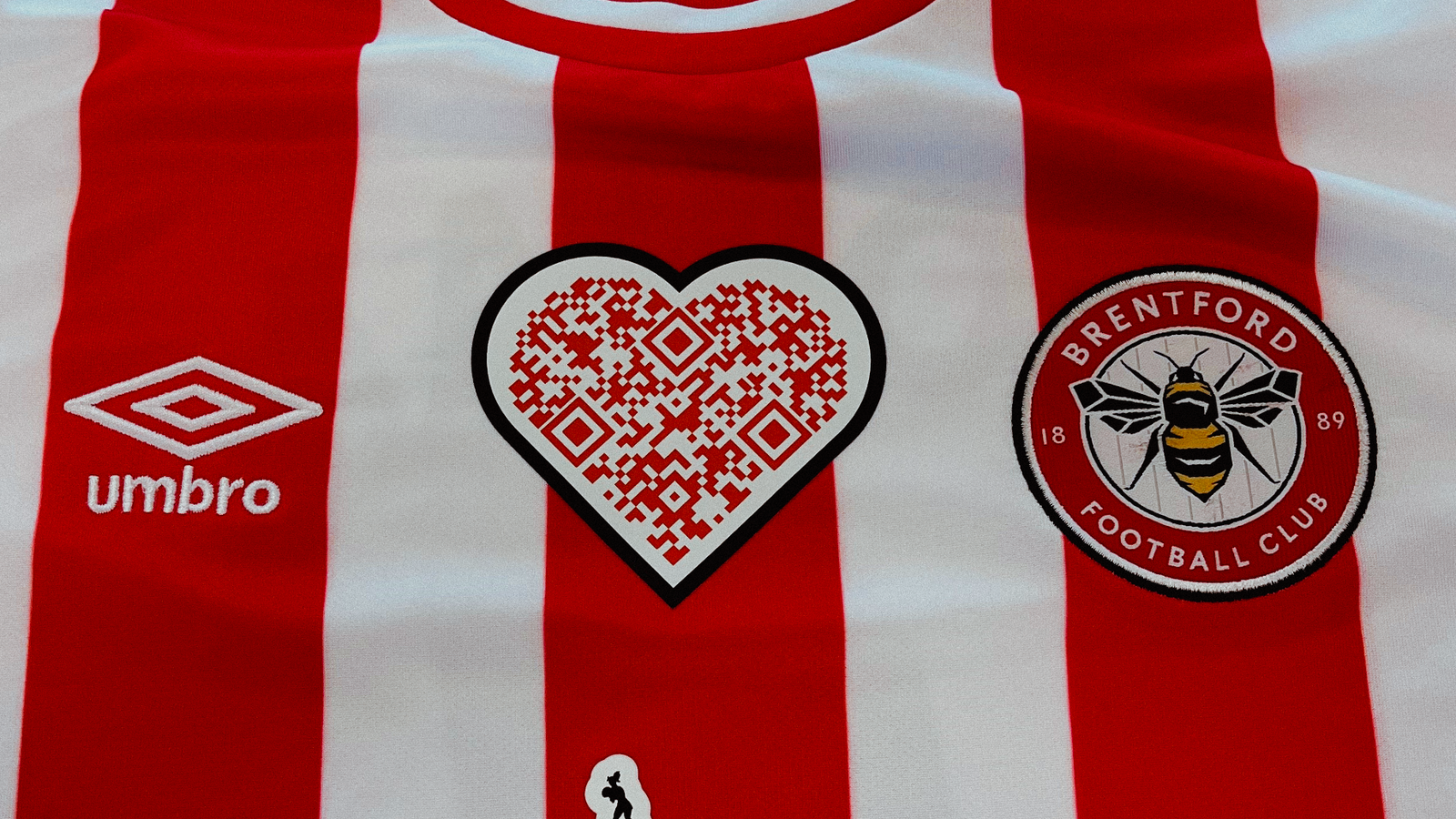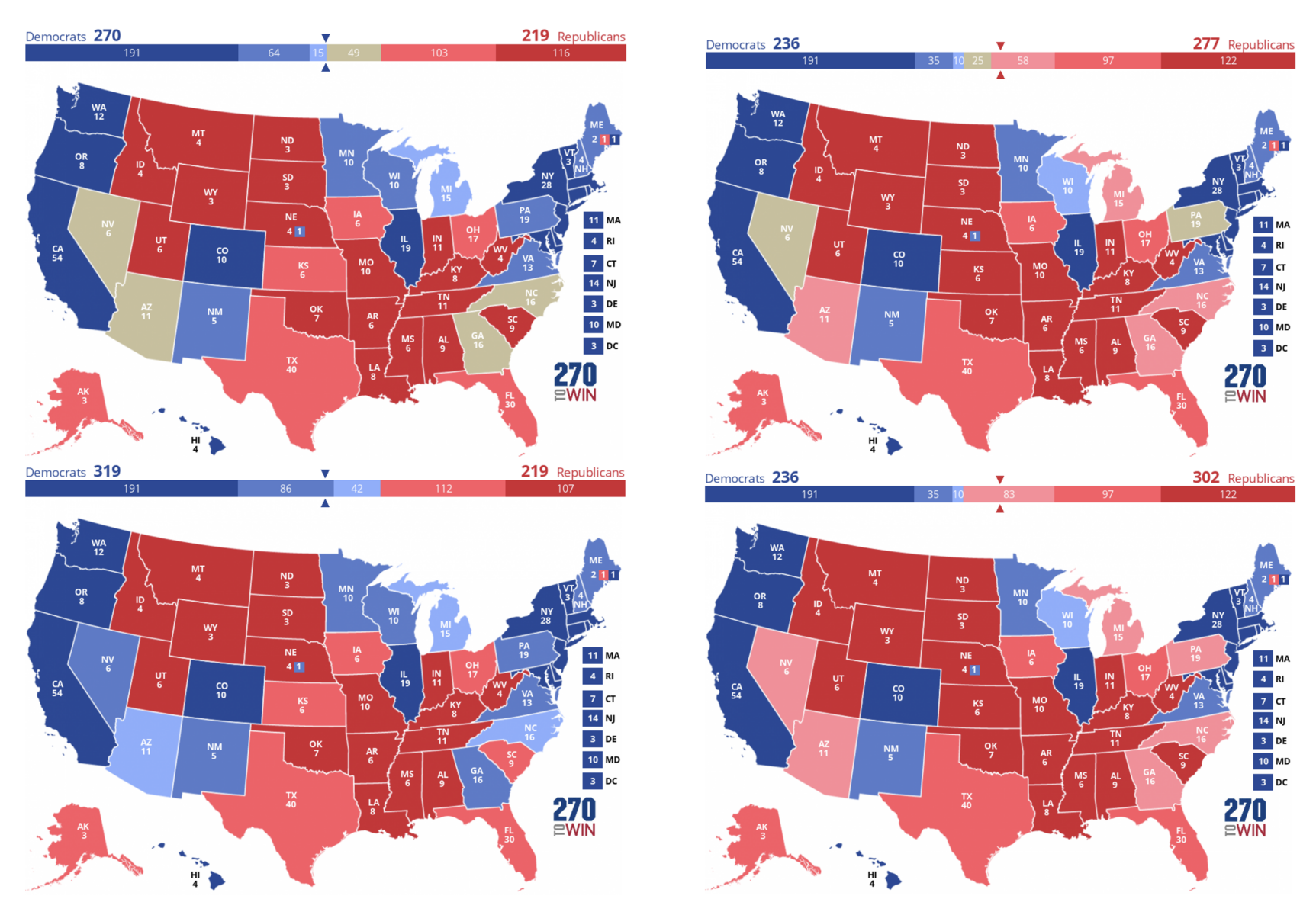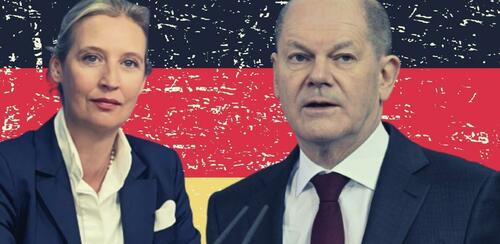Xi Jinping is a man of many parts. Communist party’s general secretary, party’s core, chief of the powerful military commission and president. He is known to love his football, was once photographed having a pint of Greene King IPA, according to the Guardian, with British Prime Minister David Cameron, and is said to have liked, according to Prime Minister Narendra Modi, watching Aamir Khan’s Dangal, which was a monster hit in China.
Xi is even a Game of Thrones fan, and, according to the Hong Kong-based South China Morning Post (SCMP), mentioned the show at a meeting with foreign visitors in Beijing in April 2019.
Citing a person who was at the meeting, the Post had reported Xi as saying: “We must all make sure the world we live in does not descend into the chaotic warring seven kingdoms of Westeros”. For the billion fans of the series, that’s an endorsement.
All said and done, Xi is also a killjoy.
The Chinese leader, as it turns out, has no sense of the noir either.
Thanks to his power and influence — which is expanding faster than we can say Mao Zedong — all the political intrigue and machinations that are said to take place behind the ornate but opaque corridors of power in China ahead of key meetings ushering in generational changes within the Communist party have been relegated to even more obscurity this time around. As if nothing happens during all the backroom negotiations.
The 20th Communist Party of China (CPC) national congress is important but listless, interesting but, mostly, predictable — except for the composition of the top leadership — and political but somehow feels apolitical.
Perhaps because it is a one-party show.
So much so, rumours of instability and a military coup ahead of the — now ongoing — national congress had to be fanned from the outside, but came to nought in some 24 hours in late September.
Zeyi Yang who covers China’s and east Asia’s technology for MIT Technology Review explained the coup story.
“Several separate analyses of Twitter activities on the #ChinaCoup hashtag found that starting September 24, a large number of Indian Twitter accounts picked up the report (English translation of the coup story in Chinese) and spread it far and wide,” Zeng wrote.
The rumours fed on actual events, like the sentencing of former senior security officials, the cancellation of flights possibly because of Covid-19 restrictions, and Xi not appearing in public after returning from the Shanghai Cooperation Summit in Uzbekistan.
In the end, the rumours fizzled.
“The fact that a completely unsubstantiated rumor, one that basically happens every other month in Chinese Twitter circles, could grow so big and have tricked so many people is both funny and depressing,” Zeng wrote.
Depressing, indeed.
From what it seems like, the next few months from the end of the congress in October until March when Xi will assume his third presidency, it will be more of the depressing same: Xi will return as the general secretary and resume his presidency in March. In between, he will attend the G20 summit, China will continue with its “zero-Covid” policy with a few tweaks to the policy and life will go on. Routine.
A decade ago, months before the 18th CPC national congress, when Xi was still vice-president, it was — well — more exciting: In the feverish run-up to that congress, there was a high-profile purge of a charismatic rival, Bo Xilai, the imprisonment of Bo Xilai’s wife, Gu Kailai, for allegedly murdering a Britisher with poison and the attempted escape to a US consulate by then Chongqing police chief, Wang Lijun, who was said to be running from the powerful Bo.
Of course, there was the customary military coup rumour too about tanks rumbling onto Tiananmen Square, in March 2012. Those rumours fizzled too.
About a week after reports about the “imminent coup” in 2012 got the internet buzzing here, authorities detained six persons and shut down 16 websites for allegedly fanning the rumours.
The websites were closed for spreading rumours of “military vehicles entering Beijing and something wrong going on in Beijing,” which, according to the authorities, were fabricated by the suspects.
“Welcome to the weird and wonderful world of reporting on China in the past few days. Coup rumours ricocheted back and forth, most over the internet, but some were picked up by western newspapers. China’s microblogs were awash with speculation. Hard facts were non-existent,” BBC said in a report.
The same year between November 2012, and the next March 2013 there was just a sliver — as thin as a flatline perhaps but a sliver nevertheless — of a miss between the cup and the lip: Xi became general secretary in November but then Hu Jintao was to continue as President and Wen Jiabao as Premier until March.
Nope.
Power struggle at the top? A plot and a conspiracy? Nothing at all.
It was business as usual.
What triggered the only buzz of excitement this time was the protest banners unfurled on a bridge in northwest Beijing days ahead of the congress.
“No Covid tests, I want to make a living. No cultural revolution, I want reforms. No lockdowns, I want freedom. No leaders, I want to vote. No lies, I want dignity. I won’t be a slave, I’ll be a citizen,” one banner read.
The other banner called on citizens to go on strike and remove “the traitorous dictator Xi Jinping.”
“Contrast the rigidity, the utterly scripted nature what transpired on October 16th at the Great Hall of the People — and the response to the Sitong Bridge protest, a simple call for free speech, an end to Covid lockdowns, for rights,” Human Rights Watch‘s Sophie Richardson said.
The protest banners were taken down soon after they were unfurled and the authorities even censored the words like “bridge” and even “Beijing”.
The message, however, had been delivered.
Sutirtho Patranobis, HT’s experienced China hand, writes a weekly column from Beijing, exclusively for HT Premium readers. He was previously posted in Colombo, Sri Lanka, where he covered the final phase of the civil war and its aftermath, and was based in Delhi for several years before that
The views expressed are personal















